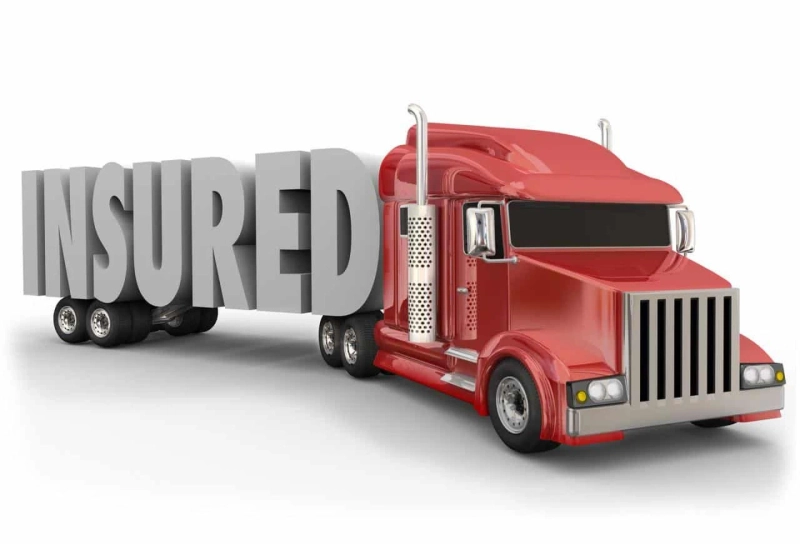Introduction
For truck owners and operators, insurance is a critical aspect of the business. It provides protection not only for your valuable assets but also for the financial stability of your operation in case of accidents, theft, or other unforeseen events. However, determining the cost of truck insurance can be a complex task, influenced by various factors. In this blog, we'll delve into key statistics and considerations to help you understand how much is truck insurance might cost.
Average Cost of Commercial Truck Insurance
Commercial truck insurance cost can vary significantly based on several factors, including the type of truck, its use, the driver's experience, and the location of the business. On average, you can expect to pay anywhere from $8,000 to $12,000 per truck per year for insurance coverage. However, this is just a general estimate, and the actual cost can be higher or lower based on your specific circumstances.
Factors Affecting Truck Insurance Costs
Type of Truck: Different types of trucks have varying insurance costs. For example, insuring a heavy-duty commercial truck will typically be more expensive than insuring a smaller delivery van.Cargo: The value and type of cargo you transport will impact your insurance costs. Hauling hazardous materials or high-value goods can lead to higher premiums.
Coverage Levels: The extent of coverage you choose will directly affect the cost. Basic liability coverage will be less expensive than comprehensive coverage that includes protection against various risks.
Driver Experience: The experience and safety record of your drivers play a significant role in determining insurance costs. Experienced, safe drivers are viewed more favorably by insurers and may lead to lower premiums.
Location: The state in which your business operates can influence insurance rates. Each state has its own insurance regulations and average insurance costs.
Truck Insurance Trends
Rising Costs: Over the past few years, the cost of truck insurance has been on the rise due to various factors, including increased accident rates and the rising cost of medical care.Capacity Crunch: In some regions and industries, there's a shortage of insurers willing to cover commercial trucks, which can lead to higher premiums.
Technology Impact: The adoption of telematics and safety technology can have a positive impact on insurance costs by helping to monitor and improve driver behavior, leading to fewer accidents and claims.
Regulatory Changes: Changes in federal and state regulations can also impact insurance costs, particularly for those involved in interstate transportation.
Tips for Managing Truck Insurance Costs
Shop Around: Obtain quotes from multiple insurance providers to compare coverage and pricing.Risk Management: Invest in risk management practices, such as safety training and preventive maintenance, to reduce the likelihood of accidents and claims.
Driver Training: Provide ongoing driver training to ensure safe driving practices.
Maintain Good Records: Accurate records of your operations, maintenance, and safety measures can help reduce insurance costs.
Work with a Specialist: Consider working with Southwestern Insurance a trucking insurance agency specializing in trucking insurance. They understand the unique challenges and needs of the industry.
Conclusion
Truck insurance is a substantial cost for truck owners and operators, but it's a crucial investment to protect your business and assets. Understanding the factors that influence insurance costs and staying informed about industry trends can help you make informed decisions and manage insurance expenses effectively. By prioritizing safety, risk management, and responsible driver practices, you can work towards minimizing insurance costs while ensuring the financial security of your trucking business.



